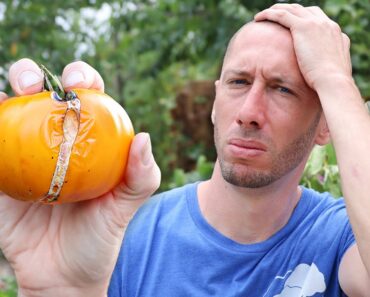Cooking quail eggs is an art that combines simplicity with sophistication. Unlike their larger counterparts, chicken eggs, quail eggs are tiny, delicate, and pack a flavorful punch. In this article, we will guide you through the nuances of cooking these miniature delicacies, ensuring that you can enjoy their unique taste and nutritional benefits.
Quail eggs, measuring about 1.5 inches (3.8 cm) in length, are known for their speckled shell and rich, slightly gamey flavor. They are a powerhouse of nutrition, containing significant amounts of vitamin B12, selenium, riboflavin, and choline.
Boiling Quail Eggs
To boil quail eggs, start by gently placing them in a saucepan. Fill the pan with enough water to cover the eggs completely. For a soft boil, where the yolk remains slightly runny, heat the eggs for 2 to 3 minutes after the water reaches a rolling boil. For a hard boil, with a fully set yolk, extend this time to 4 minutes. Due to their small size, it’s crucial to monitor the time closely to achieve the desired consistency.
Frying Quail Eggs
Frying quail eggs requires a delicate touch. Heat a non-stick skillet over medium heat and add a small amount of butter or oil. Carefully crack the quail eggs – you might find using a small knife or scissors helpful for this task. Gently slide the eggs into the skillet. Fry them for about 1 minute for a runny yolk, or slightly longer for a well-done egg. Their diminutive size makes them perfect for topping canapés or burgers.
Poaching Quail Eggs
Poaching quail eggs is a way to enjoy their flavor in its most unadulterated form. Bring a pan of water to a gentle simmer and add a splash of vinegar. Crack the quail eggs into a small cup or saucer and then gently slide them into the water. Poach for about 1 to 2 minutes. Poached quail eggs make an elegant addition to salads or as a garnish for soups.
Pickling Quail Eggs
For a tangy treat, pickled quail eggs are a delightful option. Hard boil the eggs, peel them, and then submerge them in a mixture of vinegar, salt, sugar, and spices like peppercorns, chili, and bay leaves. The eggs should be refrigerated and left to pickle for several days to develop the flavors fully.
Baking with Quail Eggs
In baking, quail eggs can be used similarly to chicken eggs. Due to their size, generally, three quail eggs are equivalent to one chicken egg. Their use in baking adds a richness and depth to cakes, cookies, and pastries.
In conclusion, quail eggs are a versatile and nutritious ingredient that can add a gourmet touch to your meals. Whether boiled, fried, poached, pickled, or baked, they offer a unique and delightful experience for the palate. Given their size, it is vital to handle them with care and precision to fully enjoy their culinary potential.






